Explore the forgotten deity, Tao Bo, also known as Marici Bodhisattva, who governs the Jay Festival and Nine Emperor Gods Festival, offering divine protection, balance, and blessings from the cosmos.
In Taoism, she is honored as “Tao Bo” or “Tao Bo Nguan Kun,” the goddess presiding over this sacred festival. Are you ready, devotees and health enthusiasts? Each year, the Nine Emperor Gods Festival is celebrated from the 1st to the 9th day of the 11th lunar month in the Chinese calendar, falling this year on October 3–11, 2024. Ticy City brings you a lesser-known tale from Nai Mu about this powerful Taoist deity. Tao Bo, the great mother of the universe, transcends the sun and moon, being the creator of the stars and the bearer of fate. She is often depicted with flowing black hair and regal robes, sometimes honored alongside Tai Sui Ye, the guardian of destiny.
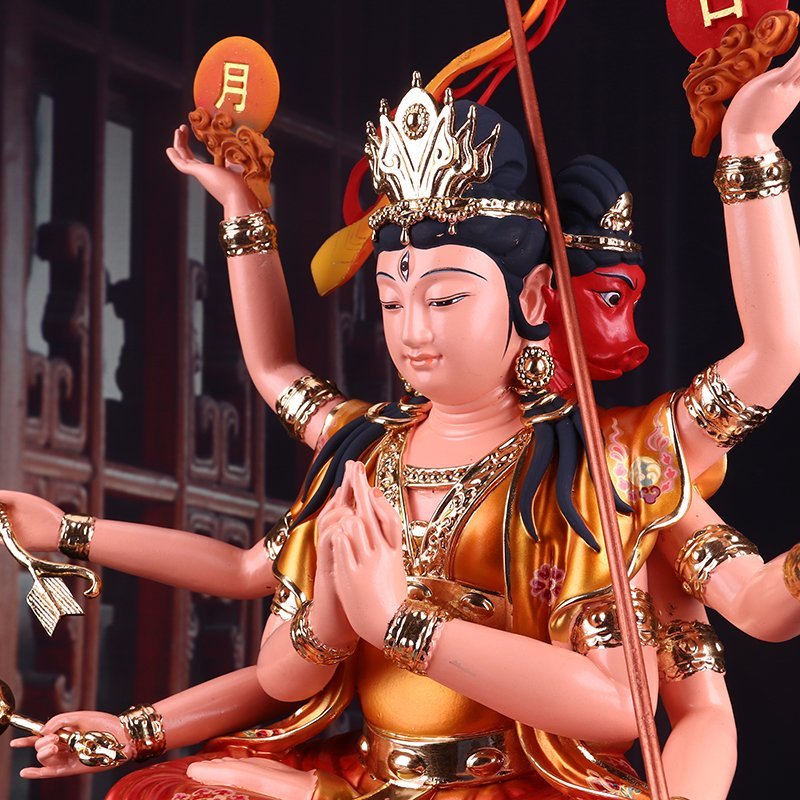
In Mahayana and Vajrayana Buddhism, she is recognized as Marici Bodhisattva, the goddess of light, growth, and abundance, with the power to dispel evil. Often portrayed with three faces—one serene and compassionate, another fierce, and the last a boar’s visage—she holds various weapons in her numerous arms (ranging from two to sixteen), with her topmost hands symbolizing the sun and moon. Seated on a lotus, she rides seven wild boars, her sacred companions.

A captivating Tibetan legend recounts how Marici Bodhisattva took the form of Vajravarahi (Diamond Boar) to confront heretics. In ancient times, General Yunka led an invasion into Tibet, mocking the abbess of Samding Monastery by challenging her to transform into a pig if she was truly a Bodhisattva. When his army breached the monastery walls, they were startled to find it filled with pigs, which compelled them to retreat. The abbess and the nuns then returned to their true forms. Later, the army returned to the monastery, seeking forgiveness and presenting valuable offerings as penance.


The Nine Celestial Bodies
During the Nine Emperor Gods Festival, the nine celestial bodies are represented by the Sun, Moon, Mars, Mercury, Jupiter, Venus, Saturn, Rahu, and Ketu. In Taoist belief, these nine deities were summoned by Tao Bo to descend to Earth, establishing customs and maintaining balance among the elements. Their names were later adopted as star designations: Tianping (North – Water), Tianlei (Southwest – Earth), Tianchong (East – Wood), Tianfu (Southeast – Wood), Tianqin (Center – Earth), Tianxin (Northwest – Metal), Tianzhu (West – Metal), Tianren (Northeast – Earth), and Tianying (South – Fire).
In Mahayana Buddhism, the focus shifts to the Seven Buddhas and Two Bodhisattvas, collectively known as the Nine Kings or Kiu Wong. These include:
- Buddha Vijaya Lokamanya
- Buddha Srivajra Prabhaka
- Buddha Vipularatna Lokavanna Siddha
- Buddha Asoka Lokavijaya
- Buddha Visuddhi Ashrama
- Buddha Dharma Mati Dharmakara Loka
- Buddha Vipula Chandrapati
- Bodhisattva Padmartha Sri Sukhavati
- Bodhisattva Sriraksha Vipula Sangha


Usas – The Vedic Goddess of Dawn
In ancient Vedic India, she was known as Usas or “Usa Devi,” the embodiment of nature. At dawn, as the sky blushes with soft pink hues, she appears as a radiant, youthful maiden. Usas is immortal, reborn each day, bringing light to banish darkness and evil. Riding a golden chariot drawn by red horses or oxen, she wields a bow and arrow, guiding humanity into a new day. While she remains eternally youthful, her daily arrival serves as a reminder of human aging. Usas has a sister, Ratri, the goddess of night, who presides over the hours of darkness.
In Tibet, people honor Usas with morning prayers as the first light breaks, a practice also seen in ancient India. The Aryans of the Vedic era divided the morning into three phases, each presided over by a deity. The Ashvins, twin gods of beauty and wealth, arrive first, bringing honey, a symbol of health and prosperity. Usas follows at dawn, with Aruna heralding the warmth of the rising sun.
This narrative illuminates the rich spiritual traditions of the Nine Emperor Gods Festival, intertwining religious stories from various cultures. So, let’s raise the “yellow flag” and celebrate!








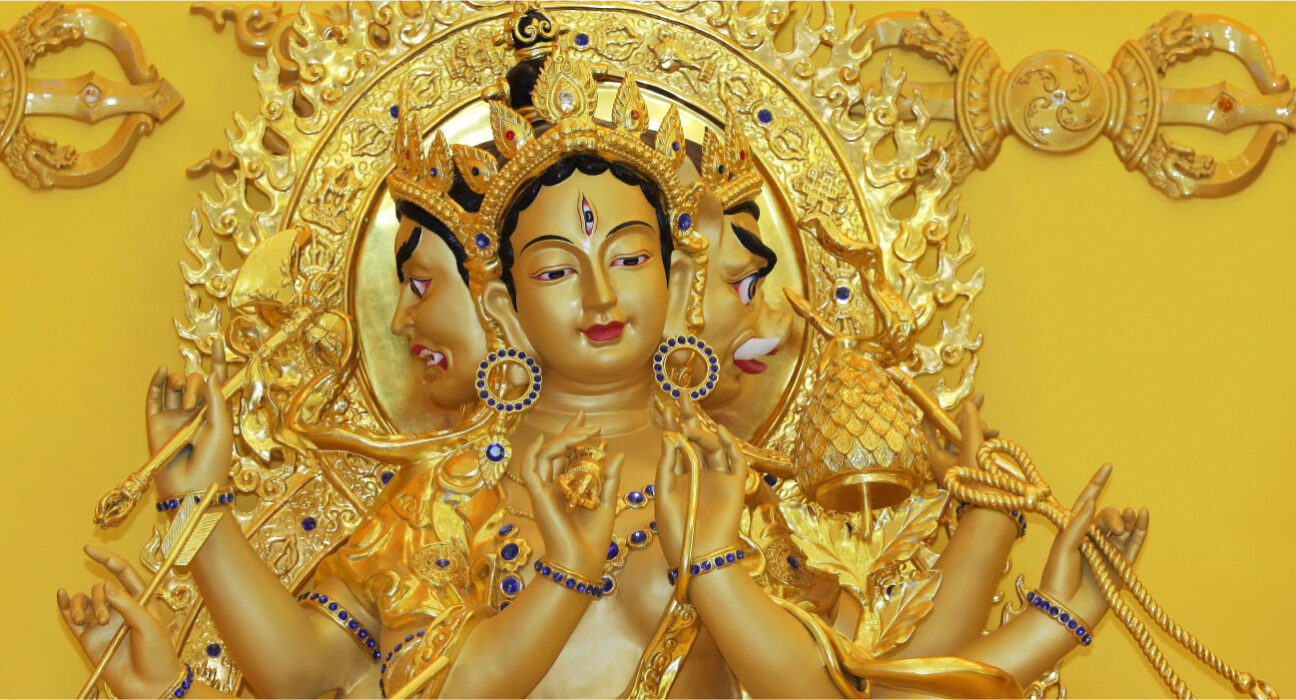
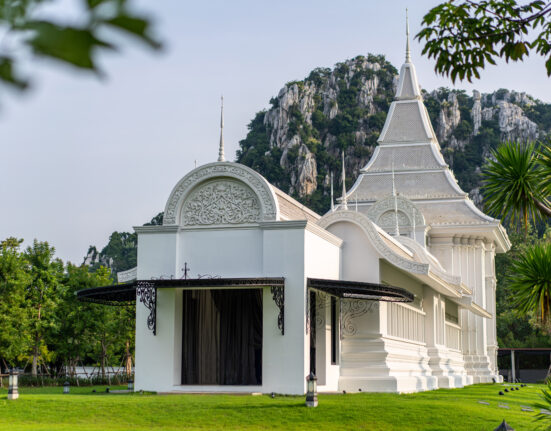
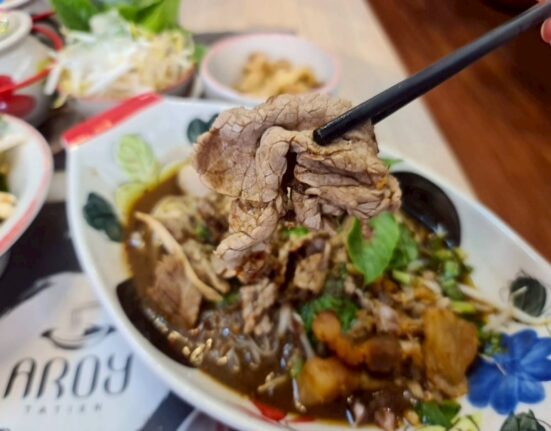
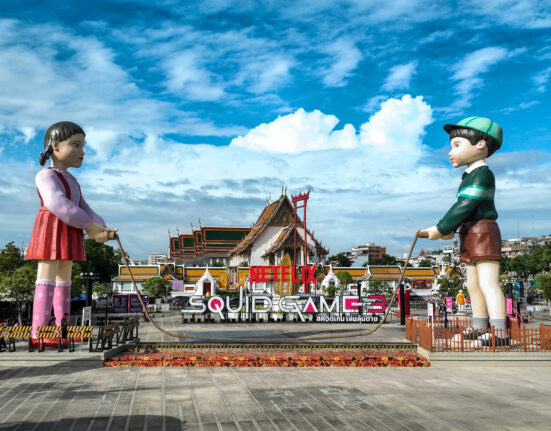

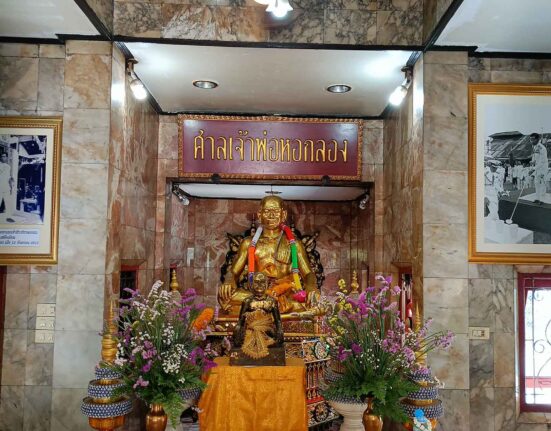

Leave feedback about this